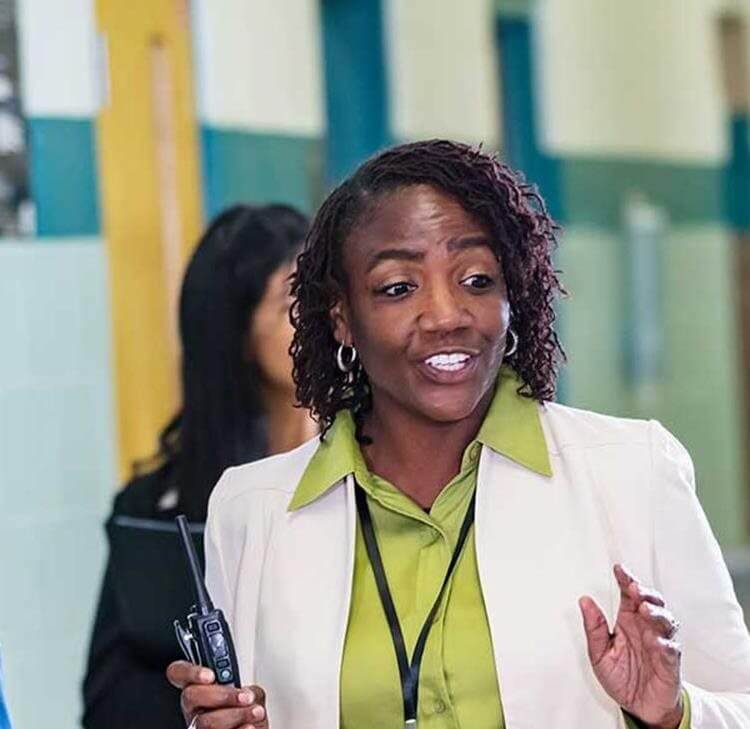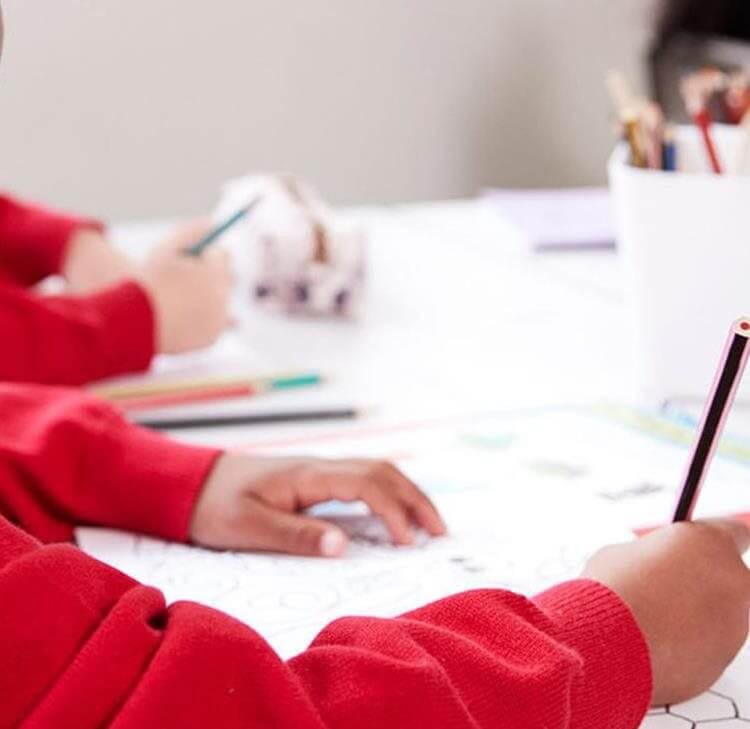There are two consultations currently underway, the outcomes of which will likely have significant implications for schools and academy trusts.
The first is Ofsted’s consultation on changes to inspection and the second is the Department for Education’s consultation on school accountability and intervention.
These consultations are running in parallel and close on 28 April 2025.
Changes to school inspection
Ofsted’s consultation fleshes out what report cards could look like and proposes new evaluation areas, methodology and terminology for inspection. Under the new approach, there will be no deep dives and there will continue to be no overall effectiveness judgement.
Grades for individual evaluation areas do however remain, the Chief Inspector having been clear that whilst report cards aim to balance clarity for parents and professionals’ preference towards more narrative descriptions of performance, they “were never going to bring about the end of grading” (Sir Martyn Oliver, Chief Inspector, March 2025 (ASCL conference)). The consultation describes the new five-point evaluation scale further, with grades from ‘exemplary’ to ‘causing concern’.
Striking a balance
We know that some of our clients feel frustrated that, in striving to strike this balance, Ofsted has missed a unique opportunity to create something genuinely different. It is interesting to read within the consultation paper the detail of four other evaluation models that have been considered by Ofsted, ranging from a “minimum standards” approach to a seven-point evaluation scale, and the reasons that these have not ultimately been supported. The consultation offers providers the opportunity to respond specifically in this respect.
We also know from our work with schools and trusts that two - potentially conflicting - recurring themes of dissatisfaction with school inspection historically have been:
- A failure by Ofsted to account for the context of the individual school.
- A lack of consistency across inspections.
The latter is particularly pertinent to multi-academy trusts, involved in numerous inspections during an academic year.
Needs improvement
The outcome of last year’s “Big Listen” also tells this story and Ofsted has acknowledged that it needs to improve in these areas.
Balancing context with consistency obviously poses some challenges. On the one hand, Ofsted has committed to doing more to take schools’ individual circumstances into account to enable more honest and less rigid reporting. It has attempted to develop its school inspection toolkit with a view to tailoring the inspection process and criteria to the education phase and type.
The consultation documents set out an expectation that report cards will, over time, “provide an ever-more sophisticated picture of the local and demographic context a provider is working in”.
This is welcomed to the extent it is properly executed, but what do those adjustments mean for the commitment to greater consistency? How will the new system equip itself to ensure that “more nuanced” reporting is compatible with fair inspection outcomes and minimal surprises for providers?
Collaborative and constructive dialogue
There’s some technical work to be carried out in that respect, noting, for example, that pilot inspections have identified some blurriness around grade differentiation. However, it is hopefully not naive to write that those questions can also largely be answered with reference back to the principle of collaborative and constructive dialogue with leaders, a foundation of this project of reform.
School leaders know that every inspection can’t, and shouldn’t be, identical. But if inspectors consistently broaden, rather than narrow, their evidence gathering, give leaders the opportunity to offer other sources of evidence where there is disagreement over grades and clearly set out what evidence has led to their findings, this will surely lead to the type of consistency and fairness being sought.
On that note, it is worth adding that we have seen a significant reduction in the number of complaints about inspection within the last six months, which we hope is indicative of positive steps already taken to reset the inspectorate’s relationship with the profession.
When will we find out the outcome of the Ofsted consultation?
The outcome of this consultation won’t be known until later in the summer term, with inspections under the new approach scheduled to start in early November. In the meantime, as well as engaging with the consultation as desired, providers will want to get to grips with the new “toolkits” and consider some practicalities like how revised monitoring arrangements may impact their schools.
School accountability and intervention
Ofsted continues to maintain its legal responsibilities to identify schools causing concern and its consultation document explains the relationship between grades, evaluation areas and the relevant “causing concern” outcomes.
The implications for those schools causing concern are set out in the Department for Education’s (DfE) accompanying consultation on wider accountability, with an overarching message of more tailored intervention.
Mandatory academisation
The government intends to maintain a “default” position of mandatory academisation or re-brokerage where a school is placed in special measures. However, for schools requiring significant improvement (previously serious weaknesses), and “stuck” (the new coasting) schools, it aims to drive self-improvement with targeted and bespoke support from the recently introduced RISE teams.
We expect these changes, if implemented, to result in a slower pace of “sponsored” academisation and re-brokerage than previously, although the DfE asserts that the extent of mandatory intervention measures (not just structural) will increase. Moreover, the use of RISE teams (rather than structural intervention) for schools requiring significant improvement would not start until September 2026.
Interventions tools with teeth
The DfE is also clear that the intervention tool of RISE teams will not be optional and will have teeth – any academies that do not engage as required can expect the DfE to use its statutory powers to issue a termination warning notice.
Finally, schools and trusts should note that the DfE is proposing intervention via RISE teams where, notwithstanding the contents of the most recent Ofsted inspection report or report card, there are “concerning levels of pupil attainment” at a school or academy.
We expect many settings will want to contribute to the DfE’s consultation in this respect and comment on the appropriate measure, if any.
If so, then you should act before 28 April 2025 by contributing to these consultations on the respective websites:
Discover more
Related expertise
You may be interested in
Legal Update
Legal views on the Children’s Wellbeing and Schools Bill
Legal Update - Children’s Wellbeing and Schools Bill
Academies: Freedoms and intervention
Legal Update
DfE guidance update: A step closer to phone-free schools
Legal Update
Ofsted confirms changes to inspection framework
Press Release
Ofsted new inspection framework: Browne Jacobson comment
Legal Update
Changes to Ofsted inspection, school accountability and intervention
Press Release
Browne Jacobson bolsters education team with hires across key specialisms
Press Release
Education predictions: What does 2025 have in store for schools, trusts and universities?
Press Release
Children’s Wellbeing and Schools Bill: Comments from education lawyers
Legal Update
New practical guidance on challenging Ofsted inspections
Legal Update
What will the new RISE Scheme mean for schools and academy trusts?
Guide
New guidance for intervention in schools
Legal Update
Ofsted and intervention changes
Press Release
Comments on the publication of Ofsted’s new school inspection handbook
Press Release
King’s Speech 2024: Reaction from Browne Jacobson lawyers
Guide
Revisions to Ofsted’s complaints procedure: what you need to know
Legal Update
Ofsted reform: Where are we now and where do we go from here?
Legal Update
Inspector conduct – what will Ofsted do about it?
Press Release
Half of school leaders think Ofsted does not have the expertise for Multi-Academy Trust inspections, according to new survey
Legal Update
School leaders – share your views on the issues of the day
Legal Update
An update on Ofsted’s early monitoring programme: ineffective safeguarding
Legal Update
The role of Ofsted in school complaints
Legal Update
Safeguarding judgements and school intervention
Legal Update
A commentary on the Ofsted complaints procedure consultation
Legal Update
How multi-academy trusts are involved in school inspections
Press Release
Browne Jacobson’s C-suite exec level coaching team appoints two new education specialists
National law firm Browne Jacobson has grown its team behind its dedicated Space + Time executive coaching programme with the addition of two more qualified coaches who will work with clients in the education sector.
Legal Update
The return of Ofsted inspections
Omicron may have brought Ofsted inspections to a pause in December, but most of the autumn term was a busy period for the non-ministerial department, with a return to a full schedule of inspections and the targeted inspection of schools formerly exempt.
Press Release
Browne Jacobson hosts UK’s largest virtual legal careers event to boost access to careers in law
Legal Update
Bill introduced to Parliament to enable Ofsted to have powers to inspect MATs
A former teacher and MP on the current Commons Education Select Committee, Jonathan Gullis, has introduced a bill to give Ofsted the power to inspect Multi Academy Trusts (MATs).
Legal Update
Successful challenge to Secretary of State’s refusal to revoke directive academy order
Our client, Yew Tree Primary School, challenged the Secretary of State for Education’s (SSE) decision not to revoke a directive Academy Order.
Legal Update
Summary evaluations of multi-academy trusts
Opinion
Another Ofsted investigation resulting in prosecution – Independent school in Lincolnshire found operating illegally
Opinion
Second prosecution of its kind following Ofsted investigation for running an illegal school
A Head Teacher and her father were convicted at Westminster Magistrates’ Court for running an unregistered private school in Streatham.






























